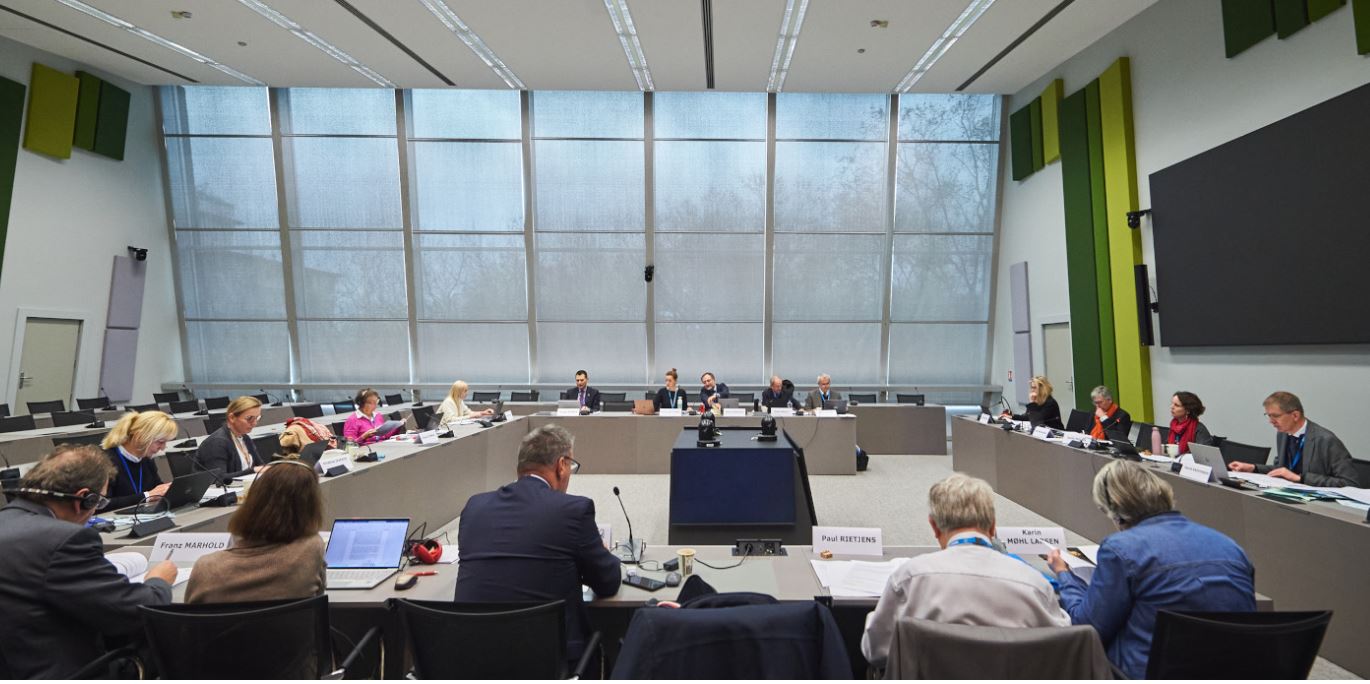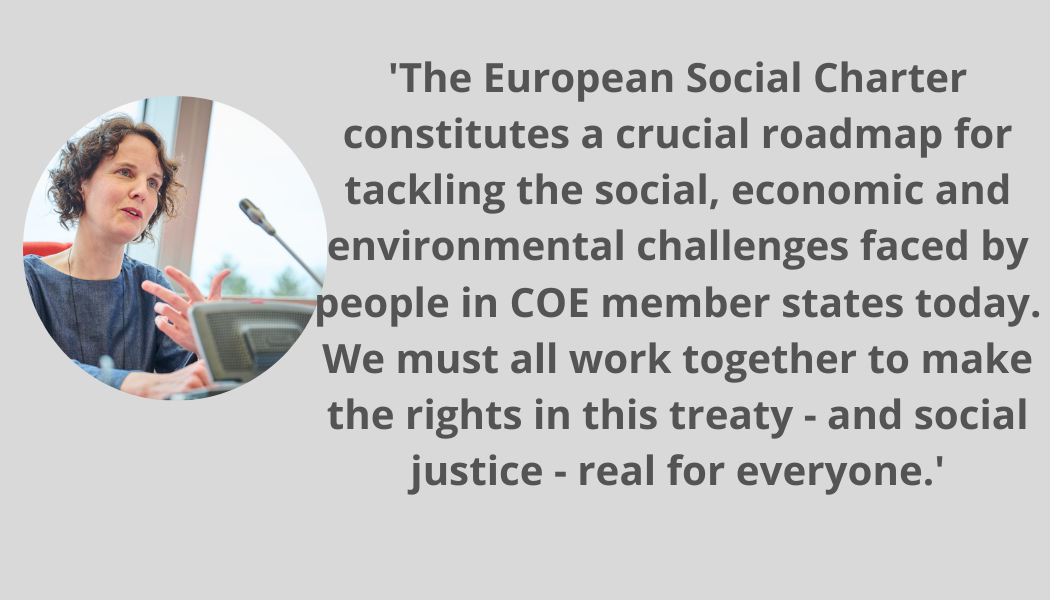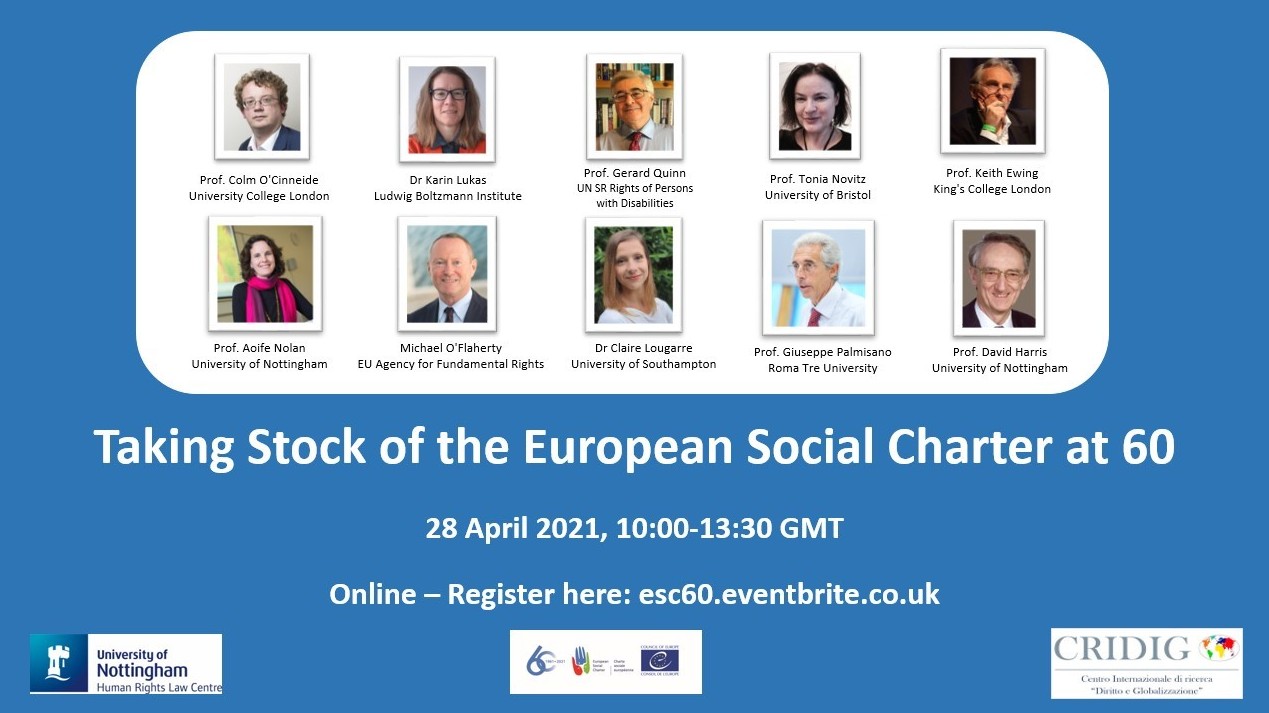The University of Nottingham Human Rights Law Centre, together with the Roma Tre Centro Internazionale di Ricerca ‘Diritto e Globalizzazione’ and with the support of the European Social Charter Department of the Council of Europe, invite you to the 1st event, organised in the framework of the 60th anniversary of the 1961 European Social Charter. Featuring expert speakers, this workshop focused on ‘taking stock’ of the Charter and the work of its supervisory body – the European Committee of Social Rights – so far. The event took place online on 28 April, 10:00-13:30 GMT. The working language was English.
The European Social Charter system is the oldest and most wide-ranging instrument providing for social rights in Europe. From the gender pay gap to the rights of migrants and unaccompanied children, from older persons’ rights to right to strike, the Charter has proved a living instrument capable of engaging with the challenges faced by Europeans in the 60 years since its adoption. Despite this, the system remains frequently neglected and misunderstood both by social rights and human rights law actors. This event will both celebrate and critique the European Social Charter system in light of the legal, social and political factors that have shaped it since 1961.
Speakers addressed:
- Key thematic areas in terms of the European Social Charter, including older person’s rights, children’s rights, the right to health, and equality and non-discrimination
- The European Social Charter’s contribution to a European model of social rights
- Key institutional developments throughout the history of the system and the reasons for those developments







